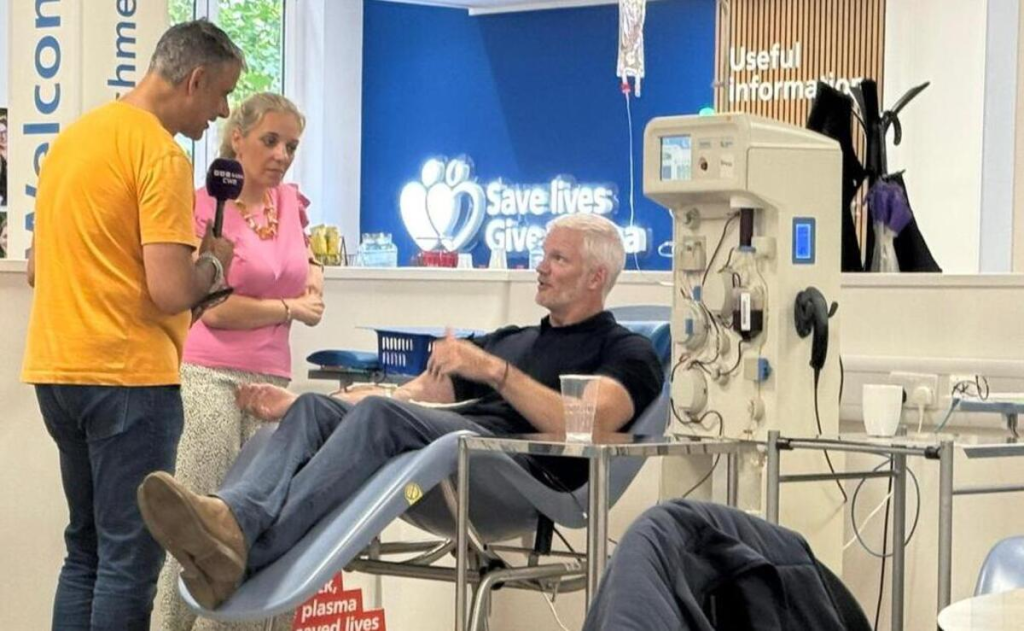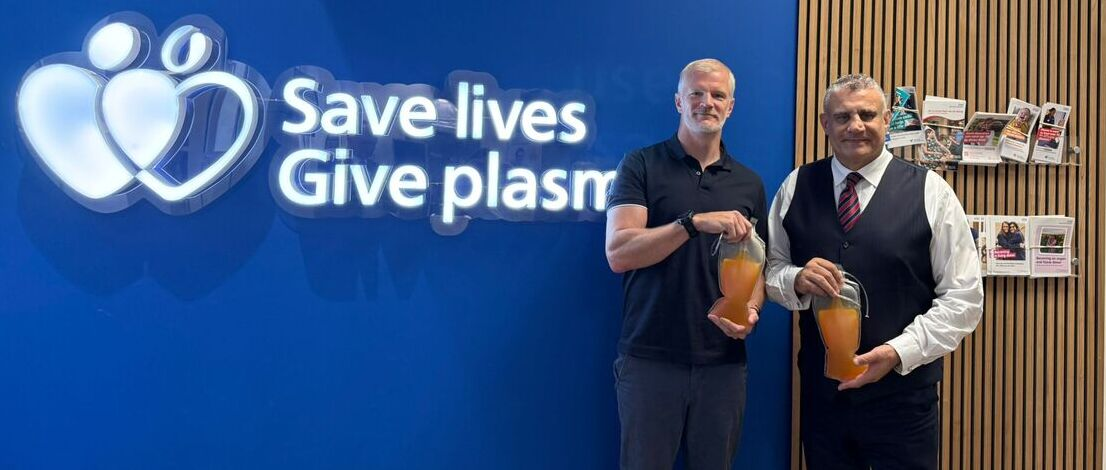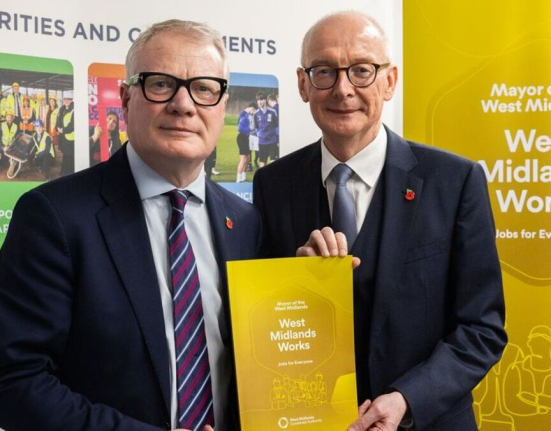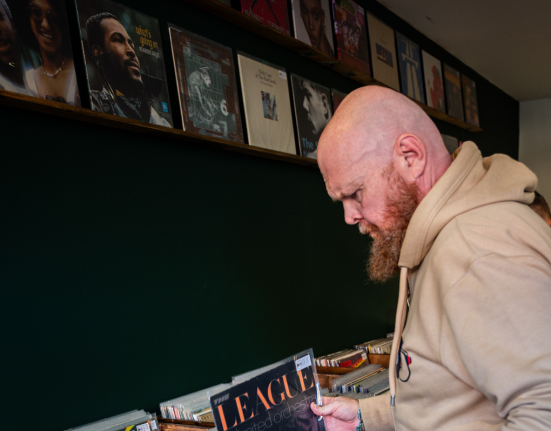Al Carns, Minister for Veterans and People, has urged the public to follow his lead by rolling up their sleeves and giving life-saving blood plasma.
The MP for Birmingham Selly Oak made this appeal after his first plasma donation at the NHS Blood Donation Centre on New Street in Birmingham.
He described the process as “very easy” and said: “I would recommend it to anyone. You’re looked after by amazing staff”.
Carns is now calling on others to follow suit at a time when demand for plasma-derived medicines is increasing globally, and while donor numbers remain lower than needed.

‘A simple but powerful act’
“Donating plasma is a simple but powerful act,” said the 45-year-old former Royal Marines commando and Military Cross winner who recently scaled Mt Everest in support of military veterans’ charities.
“It plays a critical role in creating treatments that many people rely on to live healthy lives. I was proud to do my part, and I encourage others to consider doing the same.”
Plasma is the pale-yellow liquid part of blood that transports red and white blood cells and platelets around the body. Crucially, it contains antibodies – also known as immunoglobulins which are used to fight infections and treat a variety of serious health conditions.
Blood plasma – lifesaving ‘liquid gold’
NHS Blood and Transplant (NHSBT) says plasma donations help produce life-saving medicines for more than 50 illnesses, including immune system deficiencies, neurological disorders such as Guillain-Barré syndrome, and other rare diseases.
Unlike whole blood, plasma donations can be made more frequently because the body replenishes plasma quickly. The donation process typically takes around 45 minutes.
A machine separates the plasma from the donor’s blood and returns the remaining components back to the body, which helps minimise fatigue and recovery time.
For Carns, the opportunity to contribute in this way was particularly meaningful.
“I know how important access to the right medicines can be – particularly for people living with long-term or rare conditions. Plasma-based treatments are essential for so many people, including many veterans,” he said.
Addressing a global shortage
The UK currently imports most of its plasma-derived medicines from abroad, particularly from the United States, where donor incentives are more widespread.
However, the pandemic and ongoing international supply pressures have exposed vulnerabilities in global supply chains.
NHSBT has since stepped-up efforts to encourage more domestic donors, with plasma donation centres now operating in Birmingham, Reading, and Twickenham.
How to donate
Birmingham residents interested in becoming plasma donors can register through the NHS Give Blood website. Donors must pass a basic health and eligibility check before their appointment.
The New Street centre in Birmingham (postcode B2 4DU) is centrally located and offers a comfortable environment for donation.
First-time donors are walked through the process by trained staff. After donating, individuals are offered refreshments and monitored briefly before being allowed to leave. Donors are typically able to resume their daily activities afterwards.
Though similar to giving blood, plasma donation is a distinct procedure. Because only the plasma is extracted and the rest of the blood components are returned to the donor, it can be done more frequently up to every two weeks.
Be a life-saver by giving plasma
Carns concluded his appeal with a direct message: “If you’re healthy, eligible, and able, I encourage you to look into plasma donation. It takes under an hour, it’s safe and it could genuinely change or save someone’s life.”







